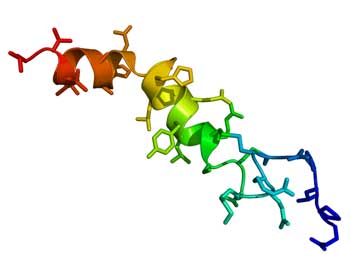I've been following this thread with great interest, and am so, so appreciative of Ron's passion and brilliance.
A bunch of people brought up fears that their illness happened or became worse because of their Type A personality or because they pushed too much. I know pushing can make things worse, but also want to let folks know that there are plenty of people (or, at least, me ;-)) who didn't push but have still stayed sick or progressed downward.
I first got sick in 1990, with an acute onset after a debilitating GI bug. Before that, I was active physically, but not particularly into pushing-- a friend and I called what we did "free running" -- we'd start out, then just see how we felt and stop whenever we felt like it ;-). No plans for building up or training.
I recovered from the acute GI symptoms, but about 10 days later I woke up with a debilitating, crushing fatigue. I was immediately worried because I had never felt anything like it -- it was unrelenting and creepily unresponsive to rest, and worsened with any activity. About 10 days into it I got really scared -- I had a former room mate who had been sick for years, and the previous year (1989) I had read the article in Rolling Stone about the CDC and CFS and became convinced that this was what she had. So I knew early on that it could be bad.
For a bunch of reasons, I was able to not push. For one thing, I felt so horrific when I did. I was very in touch with my body and had a healthy self-esteem, and didn't doubt my experience or that I was sick. And I was lucky enough to have parents who supported me emotionally and financially.
So I rested and got body work and had lots of folks helping me out. And still, l was slammed. Had 2 years of severe, and then I did have some episodic improvement. I was still often crashed, but I also had periods where I felt OK (not well, just not so completely sick) as long as I slept 10 hours a day, rested twice a day for a half hour each, and curtailed any physical activity.
Unfortunately this didn't last, and despite all my self-care and aggressive resting, the last 2-3 years I've been crashed far more often than I've been in an OK period. Very much struggling with it.
So those of you who have pushed -- don't beat yourself up. Maybe you would have been just as sick if you hadn't. This illness has no mercy.

